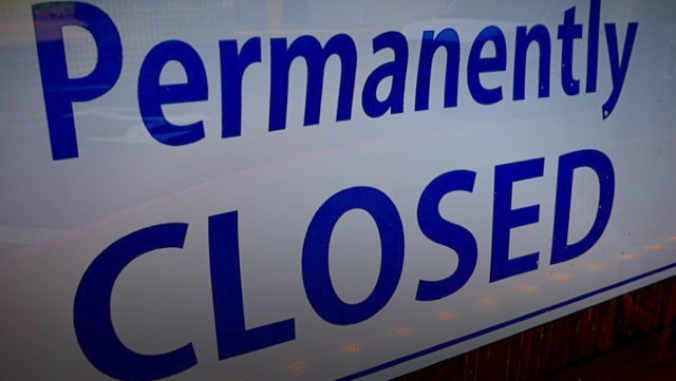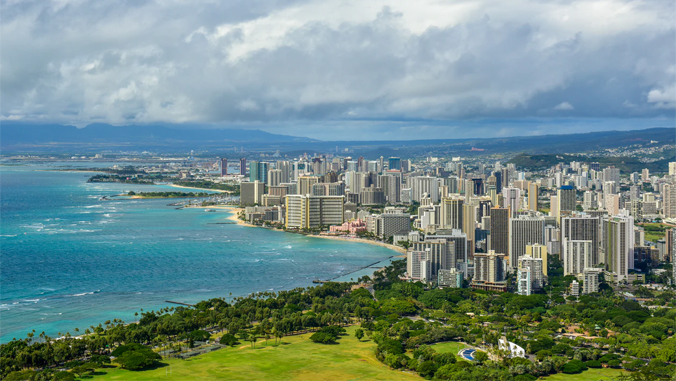
Hawaiʻi has been hit particularly hard with record-high unemployment resulting from the COVID-19 pandemic crisis. While all major industries have experienced employment losses, the state’s tourism and related industries have sustained the biggest blows. In its latest brief, COVID-19 and Job Loss, Who are the Workers Most Affected in Hawaiʻi? (PDF), the University of Hawaiʻi at Mānoa Center on the Family (COF) presents data highlighting the vulnerable workforce in most affected industries by the COVID-19 pandemic.
COF‘s Hua Zan, Ivette Rodriguez, Noreen Kohl and Kathleen Gauci used data from the American Community Survey collected by the U.S. Census Bureau to examine characteristics of the workforce in the most affected industries. Researchers found that the most impacted workers were those already struggling to make ends meet prior to the COVID-19 crisis, earning very-low or low wages; Filipinos are overrepresented among the lowest-wage industries (i.e., retail trade and leisure and hospitality); and young adults under 35 make up more than 4 in 10 workers in the industries most impacted.
Half of the workforce in these industries have a high school diploma or less education and women make up much more than half of workers in retail trade, which has the largest share of low-wage workers. The findings further suggest that as Hawaiʻi looks to rebuild its economy, it must do so with innovation and the goal of generating higher-quality jobs, not with the goal of returning to the February 2020 economy.
“The pandemic crisis stands to exacerbate the economic hardship that so many of Hawaiʻi’s vulnerable workers and their families were already experiencing. Understanding this workforce is critical for identifying solutions to support them,” said Zan, an associate researcher at COF. “In the brief, we highlight immediate support such as CARES Act funding and policy solutions such as updating tax credits that allow low-income workers to keep more of what they earn. In the long-run, we need a diverse economy that generates more high quality jobs for Hawaiʻi’s workers.”
The research was done as part of COF’s Hawaiʻi KIDS COUNT, which aims to provide unbiased and high-quality data and research to policymakers, child and family advocates, and other stakeholders in an effort to inform their work and advance sound policies and initiatives that support Hawaiʻi’s children and families.


